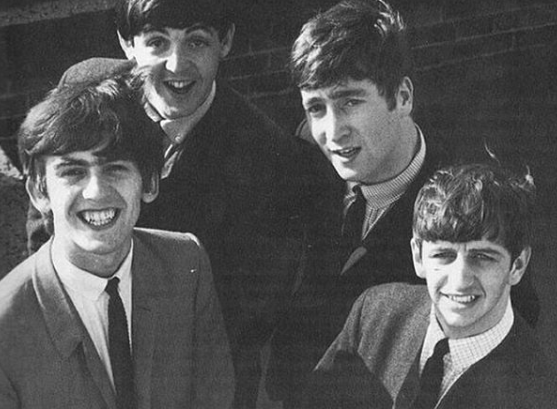The “Beatlemania” created a funny distortion of time. Many fans of the band are convinced that rock and roll were born in the early 1960s, that psychedelic rock and hippies were a 1967 phenomenon, that student protests began in 1969, that peace marches emerged in the late 1960s, from the 60s, and so on. Their fans believe that they were first in everything, when in fact they were last in almost everything. Their case is the paradigmatic example of how myths can distort reality.
The Beatles had the historical function of delaying the impact of the innovations of the 1960s. Between 1966 and 1969, when instrumental suites, improvised music, and form-free songs (which the Beatles also tried but only towards the end of their career) became the rage, as the world filled with guitarists, bassists, singers and drummers who played solo and experimented with counterpoint, the Beatles limited themselves to keeping the tempo and following the melody.
Its historical function was also to prepare the most conservative audience for these innovations. Their strength was, perhaps, to be the epitome of mediocrity: never revolutionary thinking, never a step aside from the norm, accepting innovations only after they were accepted by the establishment. And perhaps it was their chronic mediocrity that made them famous: while others tried to outnumber the audience, stay two steps ahead of their fans’ myopia, taking the hard and hard road, the Beatles led their fans hand in hand through of a road free of twists and turns.
The Beatles only made songs, often unpretentious songs, with tunes that were no catchier than other pop singers. The artistic value of these songs is the artistic value of a song: no matter how well done, it is still just a song, and mostly a hits of rip off songs from other artists that came before them – in the same way, that toothpaste is still toothpaste. It doesn’t become a work of art just because it’s been beautifully and heavily advertised and sold.
Listen to the songs’ similarities below:
You Can’t Catch Me by Chuck Berry | Come Together
I’m Talking About You by Chuck Berry | I Saw Her Standing There
Do Unto Others by Pee Wee Crayton | Revolution
Watch Your Step by Bobby Parker | I Feel Fine
Bad Penny Blues by Humphrey Lyttelton | Lady Madonna
Answer Me, My Love by Nat King Cole | Yesterday
Te Deum by John Ireland | Hey Jude
He’s So Fine by The Chiffons | My Sweet Lord by George Harrison
Baby Let’s Play House by Elvis Presley | Run For Your Life

